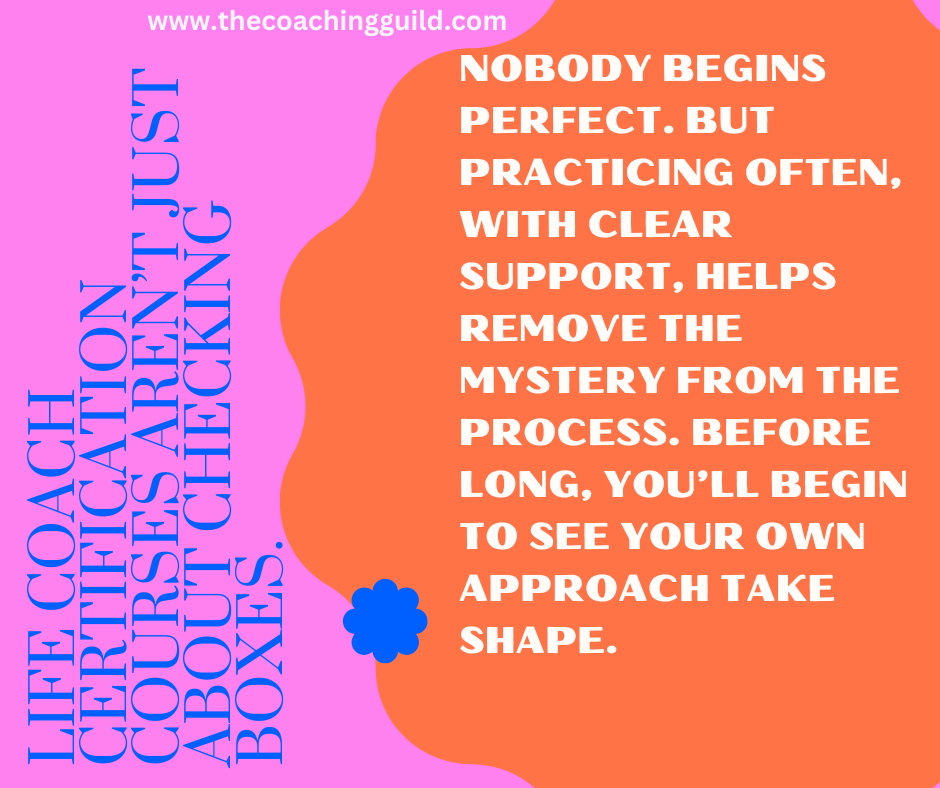Why you shouldn't worry about alienating potential clients.
Who you are matters
On people having opinions about things I should never say out loud or publicly as a coach...
ALL COPS ARE BASTARDS-
and until the "good cops" will consistently report, actively investigate, and participate in the prosecution of killer cops, do not talk to me about
"not all cops".
Yeah. I said it, and I say it in various forms, publicly and otherwise, frequently BECAUSE I believe it. I am a proud owner of an ACAB sweatshirt and wear it often.
Anyone who knows me personally knows how I feel about this issue. However, for some reason, a lot of people in the coaching space who do not know me have told me I shouldn't say things like that publicly because a statement like that will alienate potential coaching clients or students.
Truth.
It will, in fact, alienate people, and that does not impact my zen one bit.
I do not expect people to agree with me. Most people won't, especially people who fall within the demographic of people who look like me.
That's ok.
Recently, I had a coach with self-proclaimed "significant marketing experience" DM me after a post of political nature, offering his services to help me build a seven-figure biz. He told me if should I choose to work with him, I would have to agree to stop posting things that would obviously be offensive to large portions of my potential market. He said my opinions on things like that aren't relevant to my work.
He was not the first, nor will he be the last, person I don't know who will feel the need to tell me my biz would be better served if I'd pipe down and stop sharing my unimportant personal or political opinions.
I remember talking to a potential client looking for relationship support. She was married to a cop. Her daddy was a career police officer. Her granddaddy was a retired Sheriff. I think my opinions might have been relevant in our potential work together -
and while that is an extreme example, I think my clients should know who they are hiring.
Suggesting that I sanitize my public-facing self to be palatable to everyone feels innately dishonest BECAUSE it is dishonest. The people who pay to work with me are not buying a widget. They are hiring a person. I am the product. Who I am, matters.
And for the record, keeping a full client schedule is not an issue for me.
I have plenty of work, not despite my strong opinions but because of them.
Even for people who do not share my beliefs, because of my posts they know I am the kind of coach who:
- Fights for things and people I care about
- Is willing to say hard things other people will not
- Shows up in public and private as one person, so you know who you're going to be working with, without pretense or bullshit
I don't think personal hot takes should be a marketing strategy. I have watched people try that. It's smarmy at best.
I do think hiding who you are is a kind of bait and switch that creates potential harm for our clients. It also makes being a coach feel like living up to impossible standards of appropriateness and perfection is the only way to be worthy.
Be you - or be someone else if you want to, but really, it's easier, and frankly better for the world, for you to just to be you.


